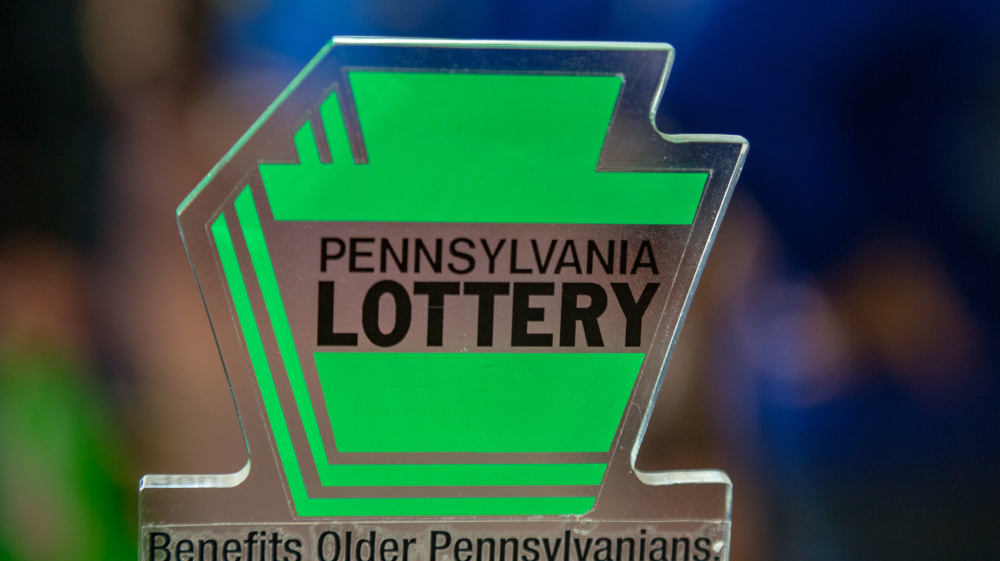The Pennsylvania Lottery has used a debate over the introduction of a new bill last week to reiterate its opposition to skill-based gaming machines, arguing that they cannibalize revenue that could be directed towards good causes for the state’s citizens.
Senate Bill 1256 is a new piece of legislation which, if passed, would see the more widespread introduction of video gaming terminals across the state in bars, restaurants and social clubs and skill-based games brought into line with gaming machines. It drew significant opposition during the state senate panel, with dissenting voices from the casino and skill-based gaming sectors.
It specifically seeks the following:
- Aligning the regulation and taxation of skill games with that of video gaming terminals (VGTs).
- Authorizing games of skill and VGTs to be operated within licensed establishments such as clubs and taverns, which cater to adult customers.
- Placing skill game devices and operators under the oversight of the Gaming Control Board.
- Requiring that skill games be connected to the central computer system just like slot machines and VGTs.
- Declaring that unlicensed skill games constitute illegal gambling devices for the purposes of the Crimes Code.
- Allowing for local control to opt-out of the placement of these machines within their jurisdictions.
In his testimony to the panel, the lottery operator’s Executive Director Drew Svitko focused on skill-based gaming machines, saying that they take revenue that would be spent on lottery tickets. The games are currently present in 28% of the locations that sell lottery tickets.
Addressing the panel he said that each day the machines are taking in money that would otherwise be directed to Pennsylvania Lottery games. He emphasized that those are lost sales that could help generate funds for critical senior programs and services that are funded by the lottery.
Stating its opposition to the bill, the casino sector said that gaming expansion would result in substantial losses of gaming tax revenue for the state and revenue for the lottery. It added that any expansion of gaming will lead to job losses and put hundreds of millions of annual investments at risk.
Expanding the number of VGTs in the state would create an 85,000-strong estate of gambling machines according to the casino delegation, which would be greater than five times the current number of slot machines in all of Pennsylvania’s casinos combined.




























